So, what exactly did Jimmy Kimmel say that caused such an uproar? During his September 15 monologue on Jimmy Kimmel Live!, the host tackled the tragic shooting of conservative activist Charlie Kirk, who was killed while speaking at Utah Valley University. Kimmel focused on how some political voices were responding to the event. He stated, “We hit some new lows over the weekend with the MAGA gang desperately trying to characterize this kid who murdered Charlie Kirk as anything other than one of them and doing everything they can to score political points from it.”
At the time, details about the alleged shooter, Tyler Robinson, were still emerging, and Kimmel’s commentary seemed to challenge what he saw as attempts to deflect blame or exploit the situation. He also didn’t hold back in critiquing former President Donald Trump’s response to Kirk’s death, comparing Trump’s grieving process to that of “a four-year-old mourn[ing] a goldfish” after Trump quickly pivoted from the tragedy to boasting about White House renovation plans.
The reaction was swift and severe. Many interpreted Kimmel’s words as implying that Tyler Robinson was part of the MAGA movement, a claim that soon collided with reports about Robinson’s background. Charging documents revealed that Robinson’s mother described him as having recently shifted leftward politically, becoming “more pro-gay and trans rights oriented.” According to prosecutors, Robinson told his father he committed the act because Kirk “spreads too much hate”.
Despite some analysis suggesting Kimmel’s phrasing was ambiguous, possibly meaning that MAGA was trying to distance Robinson from their movement regardless of his actual beliefs, the dominant interpretation was that Kimmel had mischaracterized the shooter’s motives. This fueled outrage among conservative commentators, who accused Kimmel of spreading dangerous misinformation.
You Might Like: What We Know About D4vd’s Girlfriend
How Government Pressure and Corporate Decisions Silenced a Late-Night Show
Jimmy Kimmel’s full comments on Charlie Kirk which led to his show being taken off air indefinitely. pic.twitter.com/Ctg7LL8HWL
— Pop Crave (@PopCrave) September 18, 2025
The situation escalated dramatically when FCC Chair Brendan Carr, a Trump appointee, publicly targeted Kimmel and ABC. Carr called the host’s comments “truly sick” and suggested there was a “strong case” for action against ABC and its parent company, Disney. He explicitly warned, “We can do this the easy way or the hard way,” implying that the network’s broadcast licenses could be at risk if no action was taken against Kimmel.
This was widely seen as a threat, leveraging government power to suppress speech critical of the administration. Soon after, major ABC affiliate owners like Nexstar, which is seeking FCC approval for a multi-billion-dollar merger, announced they would preempt Jimmy Kimmel Live! indefinitely, citing the host’s “offensive and insensitive” remarks. ABC quickly followed suit, pulling the show off the air “indefinitely,” though sources indicated Kimmel had not been fired and discussions were ongoing about his return.
The Bigger Picture: Free Speech and Political Power in Late-Night TV
President Trump goes scorched earth on Jimmy Kimmel following his suspension:
“I think Jimmy Kimmel is terrible. You know what suspended him? His talent. Take a look at this guy, his ratings. That’s what got him out. He was terrible.”
pic.twitter.com/2Y4xWer5Fn
— Benny Johnson (@bennyjohnson) September 21, 2025
This incident transcends late-night comedy. It highlights the intense polarization surrounding political speech and the vulnerability of broadcast media to regulatory pressure. The FCC’s involvement raises serious questions about the government’s role in policing content, especially when Chair Carr’s comments blurred the line between regulatory duty and political retaliation.
Many see ABC’s decision as capitulation to government intimidation, with free speech advocates condemning it as “state censorship”. The Writers Guild of America and FCC Commissioner Anna Gomez, among others, warned that such actions set a dangerous precedent for silencing dissent. Meanwhile, former President Trump celebrated Kimmel’s removal, calling it “Great News for America” and urging NBC to follow suit with other late-night hosts.
As of September 21, 2025, Jimmy Kimmel’s future remains uncertain. The controversy underlines the precarious balance between entertainment, politics, and free expression in today’s media landscape. While some argue Kimmel’s comments were irresponsible, others see his suspension as a chilling effect brought on by government pressure and corporate timidity. The key takeaway? In an era where words can ignite firestorms, the lines between comedy, commentary, and consequence have never been more blurred, or more consequential.



